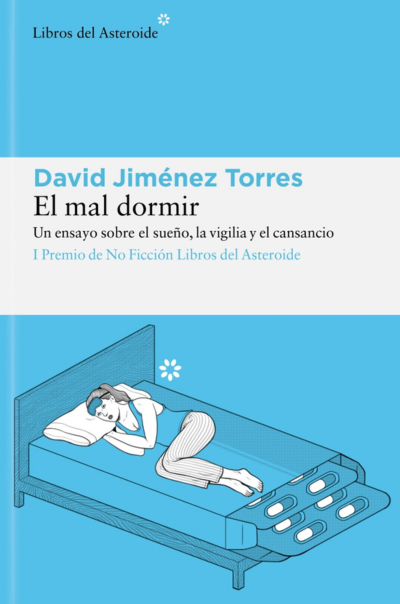The National Convention of the People’s Party (PP) which took place earlier this month may well become a turning point in the economic landscape. In the worst-case scenario — if they end up being unwilling, or uncapable, to go from words to action— it remains a strong statement that should not be overlooked.
There has been much talk about the ideological component of this Convention, in which the People’s Party has moved towards Vox — a relatively new right-wing party — with a certain amount of hesitation. The PP is trying to become strong again by sailing the dangerous waters of wooing voters who, although they appreciate what Vox represents, do not subscribe to its postulates and discourse completely. However, such calculation implies a risk, for when deciding between two similar brands, the client-voter will always choose the most authentic; the original one.
Besides the ideological flirting with Santiago Abacal’s party, the second main subject of the Convention was the clear break with the social-democratic policies that the PP has embraced since the 2008 Valencia Congress, where economic liberalism was buried. This Convention has brought it back to life. And this is not a minor point, for economic freedom holds an immense value, both in the normative and instrumental realms. Not only does it constitute a good in and of itself, which brings prosperity and welfare, but it also enables — or boosts — other freedoms.
When the Spanish political establishment mentions economic liberalism, the right attitude is to be cautious. Many call themselves ‘liberals’, even Pedro Sánchez — Spain’s PM and head of the Socialist Party — has proclaimed himself as a defender of liberalism. Nevertheless, within the framework of the PP Convention, there was no doubt about the purity of their discourse, for it was full of — and led by — some of the most prominent standard-bearers of liberalism in Spain, such as Daniel Lacalle, Lorenzo Bernaldo de Quirós and Carlos Rodríguez Braun. Furthermore, Pablo Casado explicitly referred to the Chicago and Austrian Schools of Economics as bases of the PP’s newly-embraced liberalism.
The theoretical pillars were therefore well grounded, as were the main objectives for the eventual recovery of the parliamentary majority and the Executive by the PP. Their goal is to address and put an end to the budgetary hallucination of the Socialist Party, lowering debt, a tax reduction without precedent and closing situations of extreme political, and thereby economic, uncertainty — such as the Catalan issue.
Nonetheless, Spain’s Achilles’ heel is job creation, as the PP well knows. It has declared itself in the past the “party of employment”; something founded on the fact that none of the remaining parties are able to show the results of the PP in this field: 1.3 million fewer unemployed between December 2011 and June 2018. A reduction resulting, to a large extent, from profound labor reform that was conducted despite severe criticism.
Today, the employment issue is a priority. Particularly if we take into account that Sánchez and his proposals may progress, and that the current economic slowdown could lead us to a new crisis. Moreover, as was noticed during Rajoy’s administration, the employment area needs new reforms as the last attempt in 2012 by the former minister Fátima Bañez did not lead to any great outcomes.
In this policy area, Vox’s proposals also resonate. In the words of Iván Espinosa de los Monteros, their undersecretary of International Relations: “Spain must move from being a fiscal hell to an employment paradise”. They similarly advocate for enormous deregulation and the recovery of a single national market, challenged today by Autonomous Communities.
Nevertheless, although important, the political competition between PP and Vox for voters at the intersections of each political vision is not a primary issue. The real message of the Convention is that the PP, which holds sufficient experience and ideological range to govern Spain, has re-embraced freedom. And before such an explicit identitarian bet, PP voters expect the opposition against the Sánchez Administration to intensify and they will hold the new leadership of the PP accountable for the policies they carry out when it takes power back. But for now, let’s rejoice!






